
Open Kitchen
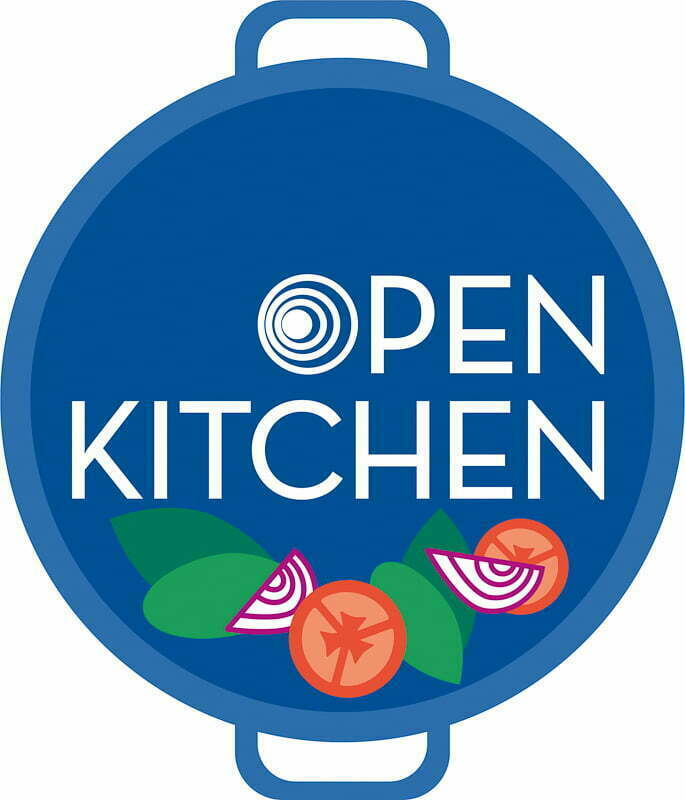
An Exchange of Sensitive Knowledge
The project “OPEN KITCHEN” is based on the idea of an exchange of so-called “sensitive knowledge”. We started these online exchange between São Paulo and Stuttgart, as part of and in preparation for the City of women in 2023. The project is by Condô Cultural and Matriarchale Volksküche in cooperation with Theater Rampe and Goethe-Institut.
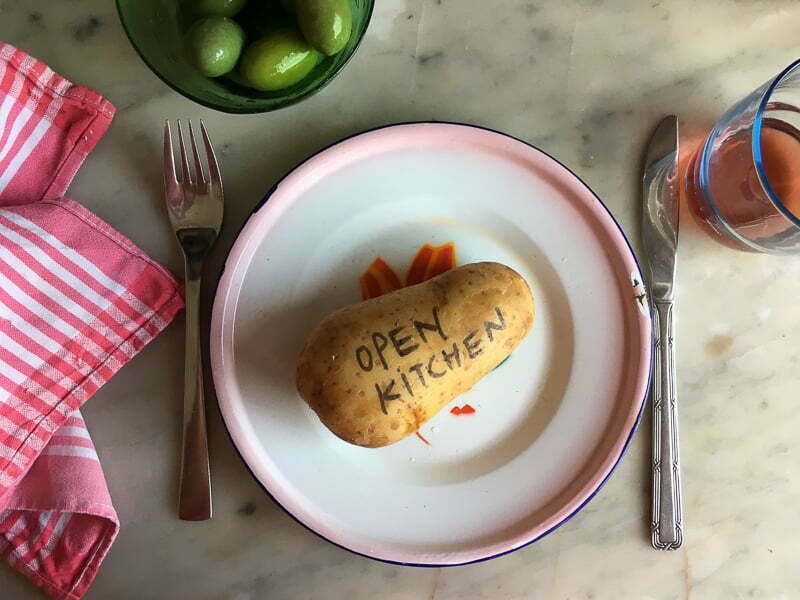
The idea is to share our daily experiences and discussions about food, care, health and activism. In many traditions, the (private) kitchen was and still is a metaphor for the inessential and inferior. In contrast to that, feminist communities have reclaimed the “kitchen work” as essential, powerfull – and even full of revolutionary potential: talking about food and eating together, means: satisfying existential needs, taking care of each other, practising pleasure and sensuality but also becoming aware of our own handling with nutrition and commodities. To occupy oneself with food means to give thought to the access to nutrition, to economic and ecological circumstances. It also means to give thought to the healing aspects of food, herbology, naturopathy and the spiritual and religious layer of cooking and eating together.
This knowledge is devalued by neoliberal societies, as it is opposed to the effort to monetize all common goods. It is often guarded by women, shared in hidden spaces, from kitchens to brothels for generations, sometimes without ever being written down – until it is needed by the many in times of crisis: Then, what was called gossip or witchery becomes wisdom: substantial work for survival.
We are setting out to find and tell each other local recipes as strategies of care, we want to vitalize the power of knowledge of the communities, we want to collect wisdom and tools to survive social inequality and take care for those left out.
We ask ourselves: Can we collect and learn to speak and share the knowledge of our communities in between each other?
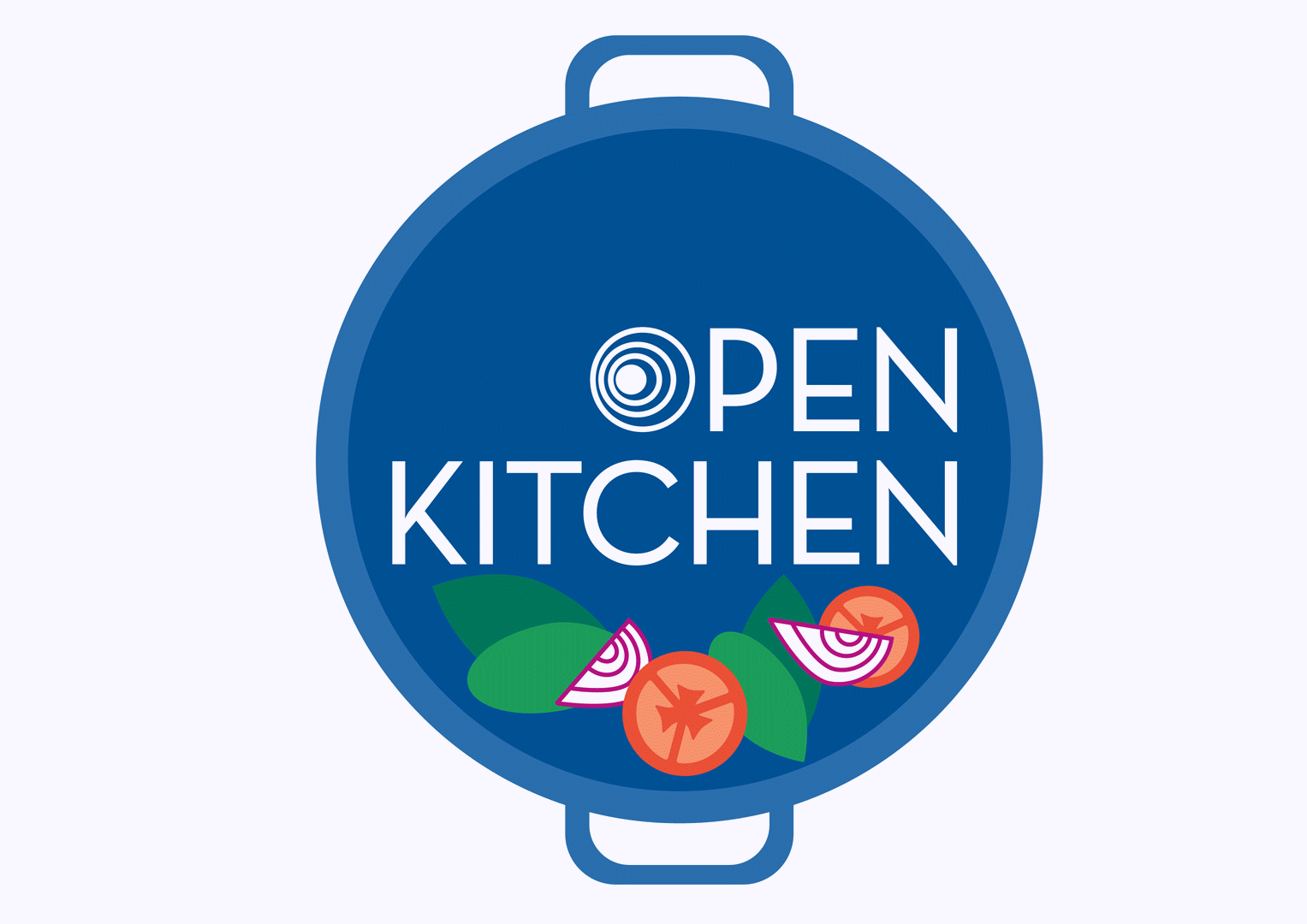
New narratives for thinking society
The “City of Women*” is an assertion that questions the existing order and proposes new narratives for thinking society. In 2018, Theater Rampe declared the city of Esslingen the “City of Women*” for three days of performance. The Theater Rampe from Stuttgart, together with about 200 local and international artists*, initiatives and citizens* from Esslingen, organized a playful-theatrical rearrangement of things. Despite the strong emphasis in the title, the “City of Women*” is a city for everyone and excludes no one on the basis of gender. On the contrary: it questions the binary gender order and invites us to explore new narratives.
Following on from this, the “City of Women*” relies on appropriate contemporary, pop-cultural means and offers a platform for female and queer perspectives with a critical, emancipatory & undogmatic attitude.
This empowering concept should be given the opportunity to grow through an exchange with other women*: it can be adapted in many new places in other, appropriate formats, by initiatives, groups of artists* or institutions – with new interpretations, focal points and questions of the idea.
Trailer/ Documentary “City of Women* 2018”
In 2019 the Condô Cultural was part of the German-Brazilian festival “Mais amor por favor” in Mannheim, which was organized by the two Swiss-Brazilian sisters Isabelle and Claudia Barth, after they had been in São Paulo for a longer project the year before. They had heard about the festival “City of Women*” in Esslingen and contacted Paula Kohlmann, dramaturge at Theater Rampe and part of the artistic direction of the festival in Esslingen. The idea was born to create a “City of Women*” in São Paulo as well.
Given the current global situation the process of creating a community of which the “City of Women*” can evolve became an online exchange on the basis of the following concept OPEN KITCHEN. Now we are bonding with each other, collecting and sharing the knowledge of our communities, entering discussions with institutions and foundations and planning the “City of Women*” in a possible future.
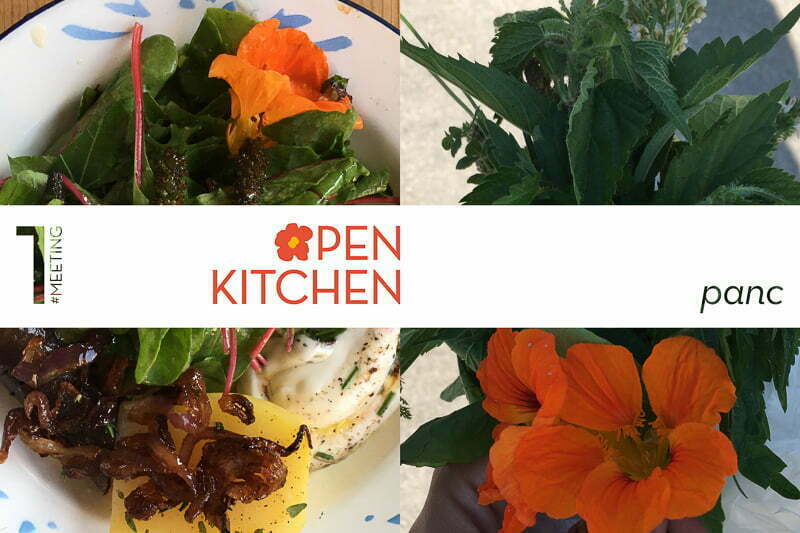
“That, in every way,
no matter how small,
I have the greatness
to value
the flowers touched
by my hands
and the marks left
by my feet…”
free translation of the poem by Saulo Pessato
In this first meeting, we cooked together and exchanged information about Panc (Non-Conventional Food Plants), about policy and possible care actions for homeless people and future projects on climate change.
In São Paulo, we bring to the table a salad of hardwoods and Panc, potatoes with sour cream and herbal tea, with most of the ingredients coming from @condocultural Jardim das Delícias.
In Stuttgart a salad with Löwenzahn, Ampfer and Giersch and for main course Potatoes with Herb Sauces and Brennessel Tea, Minze and Lemon.
Starting exchanges with these amazing women who start the first edition of the #openkitchen
What are called “wild herbs” and “edible weeds” in Germany are the so-called “panc” in Brazil. (Non-Conventional Food Plants).
While preparing, cooking and eating together over Zoom, we exchange ideas about which parameters influence what ends up on our plates, and why some herbs and wild weeds do not belong. The romantically named “wild herb gathering” has been trendy in Germany but is also an attempt to re-appropriate uncommercial nutrition, which is no longer available to many city dwellers. The fact that we may know many species but do not use them as food is also in the interest of large companies:
Non-Conventional Food Crops (PANC) in Brazil, according to the “Manual of Non-Conventional Vegetables” published by the Ministry of Agriculture, Livestock and Supply (MAPA) in 2010, are species that “are not organized as a separate production chain and do not attract commercial interest from seed companies, fertilizers or agrochemicals.”
That @condocultural has been addressing this for some time can be seen in their “Garden of Delicacies” project in the building’s large backyard, from which they harvest homegrown lettuce, arugula, tomatoes, nasturtiums and dandelions.
We in Stuttgart are slowly approaching the subject, picking what we find and know on the outskirts of town: Dandelion (Löwenzahn) sorrel (Sauerampfer) and nasturtium (Kapuzinerkresse) are added to salads, along with (store-bought) potatoes with herb curd and a homemade nettle-mint (Brennnessel-Minz) tea. Great discovery: The buds of the ribwort plantain (Spitzwegerich-Knospen) can be roasted in butter, the taste is nutty and reminiscent of porcini mushrooms.
@matriarchale @condocultural @goetheinstitut_saopaulo @theaterrampe
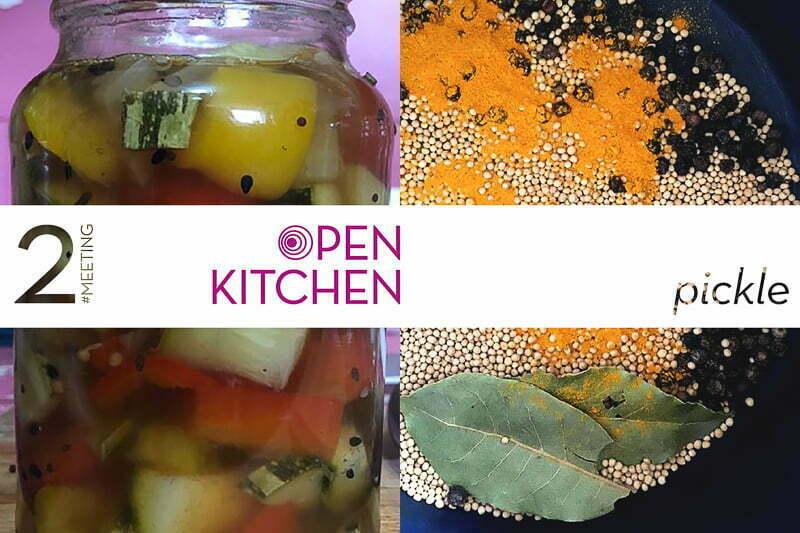
Time’s prayer
you are such a handsome gentleman
as my son’s face
time, time, time, time
I’ll make you a wish
team, team, team, team
Destination Composer
drum of all rhythms
time, time, time, time
I enter into an agreement with you
time, time, time, time
This is a free translation of a beautiful song about Time, composed by Caetano Veloso, a great Brazilian singer and composer.
At our last meeting, the recipe we made together, through a transoceanic, is a Pickle. A recipe that has time as its main ingredient.
🥒 The recipe took
Vegetables: Zucchini, bell pepper, onions
Broth: Vinegar, apple juice, honey or sugar, salt, lemon, spices – (mustard seed, bay leaf, dill or curry – as you like)
Peel the zucchini and cut into bite-sized pieces. Clean the peppers, peel the onions. Cut both ingredients into strips. Put vinegar, water, apple juice, honey and the remaining ingredients in a pot and bring to boil. Add the zucchini pieces and cook for about 3 minutes. Fill the finished vegetables hot into prepared jars and close immediately.
This was our second online meeting. While preparing and cooking together, we exchange ideas about music, politics and gardening. This time we have not eat toghether, because our recipe is a patience exercise. We are going to try some or our conserve at the end of the year, online and together.
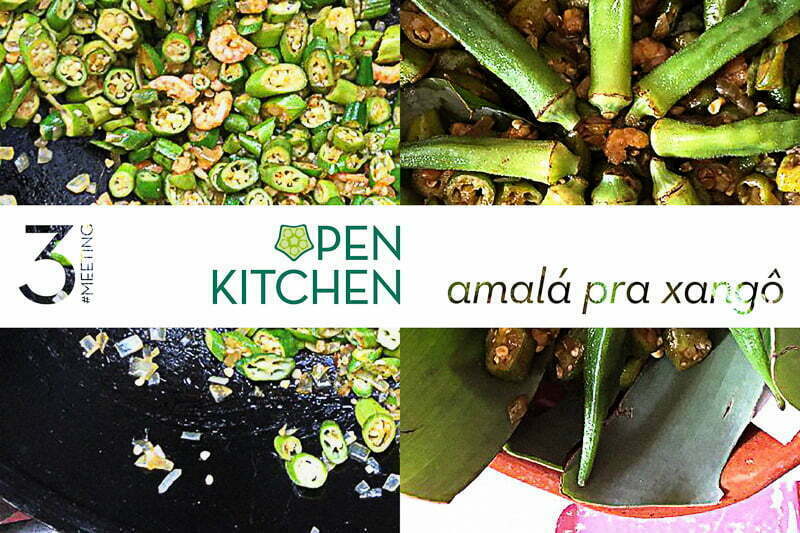
“Kaô my Father, Kaô!
The Lord who is the King of Righteousness,
enforce through his twelve ministers,
the divine will,
purify my soul at the waterfall.
If I have been wrong, grant me the light of forgiveness.
Make your broad and strong chest my shield,
so that the eyes of my enemies do not find me.
Lend me your warrior strength,
to fight injustice and greed.
My devotion I offer.
May justice be done forever and ever
He is my Father and my defender,
grant me the grace to receive your light
and to receive your protection.
Kaô my Father Xangô, Kaô!”
Free translation of a prayer for Xango
This meeting we invited Eneida Sanches, a Brazilian artist who remixes art and spiritual concepts. In the afro Brazilian religion, Yoruba Candomble, there’s one entity who looks after the subjects of Balance and Justice. His name is Xangô, an ancestor originally from the kingdom of Oyo in old Yorubalamd who migrated to Diaspora in the 1800-s in slave ships.
We have chosen to prepare this offering/food for many reasons > it’s more than time to invoke balance and equality into this world. Okra is the main ingredient in this dish. And there’s a reason for this: it’s slippery, lime characteristic aggregates to the goal of making situations that are stuck or excessively concentrated to find a more fluid condition.
And so we did. We have prepared the dish using palm oil and dried shrimps to add delicious flavor but also because red is the color of this divinity. As in many cultures that have a relation with life as a whole – decolonial philosophies – the many aspects are brought together. Cour, taste, consistency, sound, movement. They all converge to call, to invoke the qualities that are needed at the moment of the offering.
After preparing it, we lite a seven-day candle and after a day we took the food to the woods allowing nature to absorb back the residues.
The words KAWO KABIESIILE, saluting Xangô are also pronounced to rever his presence and humbly await for the answers.
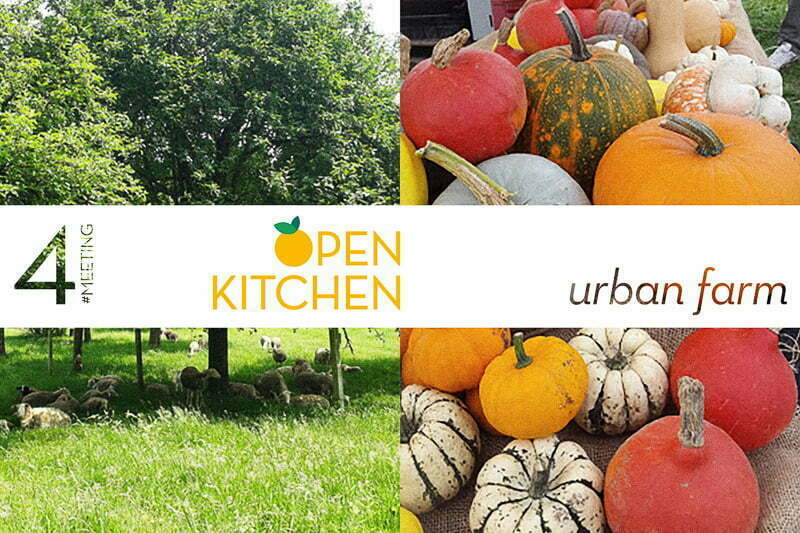
The Song of Earth
I am the earth, I am life.
From my clay came first the man.
From me came the woman and came the love.
Came the tree, came the fountain.
The fruit comes and the flower comes.
I am the original source of all life.
I am the ground that clings to your house.
I am the roofing tile of your home.
The constant mine of thy well.
I am the generous ear of your cattle
and calm certainty to your effort.
I’m the reason for your life.
You came from me by the hand of the Creator,
and to me you will return at the end of the deal.
Only in me will you find rest and peace.
I am the great Universal Mother.
Your daughter, your bride and betrothed.
The woman and the womb that you fertilize.
I am the land, the gestation, I am the love.
To thee, O husbandman, all that is mine.
Your plow, your sickle, your axe.
Your child’s tiny crib.
the cotton of your robe
and the bread of your house.
And a day far away
to me you will return.
And in the mother’s bed of my breast
you will sleep peacefully.
Let’s plant the rock.
Let’s plow the land.
Let’s take care of the nest,
of cattle and granary.
plenty we will have
and site owners
happy we will be.”
Free translation of the poem “O Cântico da Terra” by Cora Coralina. A contemporary Brazilian poet and short story writer, considered one of the most important in the country.
This week we invited performer Isabelle Barth to tell us about a neighborhood cooperative she is part of in Brussels, Netherlands:
Le champ des cailles – Das Wachtelfeld – The Quail Field
An urban farm, veggie garden and much more.
She took us for a walk on the fields of this beautiful initiative between flowers, veggies, hens, sheeps, herbs and berries. The project Le Champ des Cailles was created by 34 founders and it is 9 years old by now. The field was not in use and the commune of Watermael- Boitsfort gave it away for the idea of an urban participative farm.
The five main colums of the project are:
– Veggie garden
– Herbal garden
– Collective garden
– Sheeps
– Sustainable neighborhood
The garden is based on a “you-pick system”: members come and pick their share of vegetables all year long. This system eliminates the costs of storing, transporting and refrigerating the vegetables.
By meeting regularly in the field, producers and eaters get to know each other. New links are created in the neighbourhood.
Every first Saturday of the month, a collective work session takes place. This is an opportunity to get your hands on the land and to experience moments rich in meetings, sharing and conviviality.
The Collective Garden is an eco-participatory project in gardening.
About seventy gardeners share the management of this side of the field. A collective garden in a spirit of conviviality and exchange of knowledge. The gardeners are not all experienced, some are beginners in the art of growing vegetables and plants. But they all share the desire to discover a way of cultivating the earth without chemical fertilizers or pesticides.
A further project that is part of the initiative of Chant des Cailles is the participative store. 250 neighbours share a store with each other in which they are the buyers and the sellers:
They can buy big quantities at a lower price and store it in the common store in the neighbourhood. This concept allows to buy very high quality food, biological, ecological, fair and local, without spending a fortune and still being independent from the classical supermarket chains.
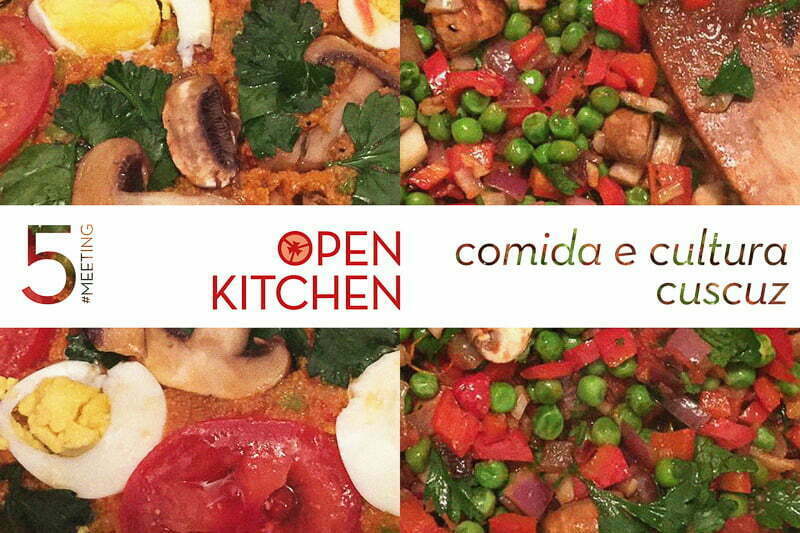
Corn Prayer
I am the humble plant of small backyards and poor farms.
My grain, lost by chance, is born and grows in the careless earth. I put leaves and stem and if you help me Lord, even a random plant, solitary, I give ears and return in many grains, the initial lost grain, except by a miracle, that the earth fertilized.
I am the primary crop plant.
I don’t own the traditional wheat hierarchy. And from me, the white, universal bread is not made.
The Just One did not consecrate me the Bread of Life, nor was I given a place on the altars.
I am only the strong and substantial food of those who work the land, where noble wheat does not avenge.
I am of obscure origin and of poor ancestry. Food for rustics and yoke animals.
I was the heavy and constant angu of the slave in the exhaustion of the eito.
I am the coarse and modest bread of the small farmer. I am the economic meal of the proletarian.
I am the immigrant’s polenta and the friend of those who start life in a strange land.
I’m just the generous and carefree abundance of the paiois.
I am the stocked trough where the cattle chew the cud
I am the festive crowing of the roosters in the glory of the dawning day.
I am the merry wren of layers around their nests.
I am vegetable poverty, grateful to you, Lord, who made me necessary and humble
I AM THE CORN.”
Free translation of the poem “Oração do Milho” by Cora Coralina. A contemporary Brazilian poet and short story writer, considered one of the most important in the country.
This week we invited Ariela Doctors. Her program seeks to reconnect children to food, through a playful rescue of our history, culture and biodiversity.
It works directly with children’s nutritional education through weekly cooking classes. The focus is on changing the eating habits of children and their families, promoting nutritional education and increasing diversity in the choice of daily menus, giving importance mainly to foods with nutritional value and native to Brazil. Cooking with the children is alerting them to the importance of preserving biodiversity and the importance of rescuing traditional recipes made with native ingredients.
Recipe
2 tablespoons of oil, 1 tablespoon of butter, 1 medium chopped onion, 2 chopped garlic cloves, 1/2 chopped red pepper, 2 cans of sardines, drained (or shrimp, or anchovies, or chicken shredded), for those who don’t eat meat, you can substitute pumpkin Japanese or mushrooms, 1 cup of corn, (cooked, frozen or tinned), 1 cup of peas (cooked, frozen or tinned beans), 1 cup of canned hearts of palm, cut into slices, 1⁄2 cup of chopped black olives, 1⁄2 minced and seedless chili pepper, 2 tablespoons of chopped parsley or chopped cilantro, 2 tablespoons of chopped chives, 1/2 cup (tea) of tomato pulp or peeled tomato, 2 cups (tea) of water, 1 teaspoon of salt, 1 cup (tea) of flocked cornmeal, 1 small tomato cut into slices, 1 hard-boiled egg cut into slices
Method of preparation
Boil the egg in boiling water for 8 minutes, let it cool, peel off the shell, and cut into slices and set aside.In a large saucepan, place the oil and butter, bring to medium heat to heat. Add the onion, garlic, pepper and chili pepper, saute well, until golden. Add the sardines or anchovies, shredded chicken, corn, peas, parsley, chives, tomato paste, olives, water and salt, and cook for another 10 minutes or until boiling. Add, little by little, the corn flour and keep stirring, until it dries and comes off the bottom of the pan. Remove from heat, transfer to a round pan with a central hole, greased and decorated with tomato slices, parsley leaves and egg slices and let it heat up. Unmold and serve afterwards.
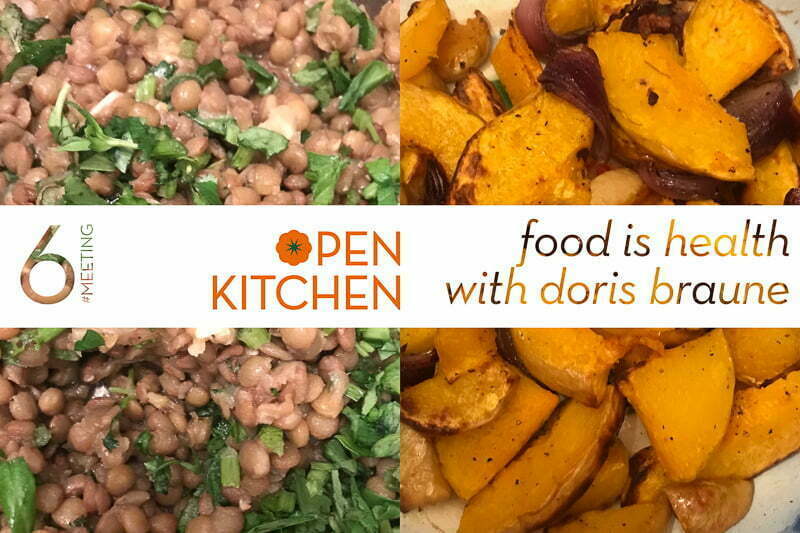
Maria Maria
Maria, Maria, it’s a gift, a certain magic
A force that alerts us
A woman who deserves to live and love
Like any other on the planet
Maria, Maria, it’s the sound, it’s the color, it’s the sweat
It’s the strongest and slowest dose
Of a people who laugh when they should cry
And don’t live, just endure
But it takes strength, it takes race
You always have to be strong
Who carries the mark on the body, Maria, Maria
Mix pain and joy
But it takes wit, it takes grace
You always have a dream
Whoever wears this brand on their skin has
The strange mania of having faith in life
But it takes strength, it takes race
You always have to be strong
Who carries the mark on the body, Maria, Maria
Mix pain and joy
But it takes wit, it takes grace
You always have a dream
Whoever wears this brand on their skin has
The strange mania of having faith in life
Free translation of music by Brazilian singer and songwriter Milton Nascimento
In our last meeting of this Open Kitchen season, our guest is Doris Braune who shares knowledge about health and food and especially about the occurrence of insulin resistance in our “modern bodies” and what all this has to do with industrial production and the preparation of food.
Doris has been working for over twenty years as an alternative practitioner with a focus on gynecology and classical homeopathy. She is part of the feminist women’s health center Stuttgart since 1995, fellow in the professional association of alternative practitioners Lachesis and there for two years in the editorial office of the professional association newspaper called Lachesis, founder and head of the Bellis women’s school for homeopathy and naturopathy and networker in women’s health.
So, we put a recipe together that features some ingredients that help counteract insulin resistance.
Recipe
1 butternut squash
2 red onions
Olive oil
Sage (and / or oregano, marjoram)
Ceylon cinnamon
Parsley
Estragon
mint
Green lentils
1 large lemon
1-2 cloves of garlic (crushed)
salt and pepper
Method of preparation
Heat oven to 220 degrees convection
Put squash (1cm wedges) and onions (3 cm wedges) in a large bowl with sage, a little Ceylon cinnamon, salt and pepper. Mix everything well. Then spread the vegetables on a baking sheet (with baking paper or oil). Roast for 25-30 minutes. Remove the vegetables from the oven and set aside.
While the pumpkin is in the oven, fill a pot halfway with water and heat until it boils. Add the lentils and cook for 20 min. Pour into a sieve and drain. Then mix in a bowl with lemon juice, some lemon zest, the crushed garlic, the herbs and olive oil. Season to taste with salt.
Carefully add the pumpkin to the lentils and mix everything gently.
If you like, you can now sprinkle the dish with cheese. Gorgonzola or goat cheese is especially recommended.
Apoio
This project is carried out by Condô Cultural and Matriarchale Volksküche in partnership with Theater Rampe and supported by the Goethe-Institut São Paulo.








































